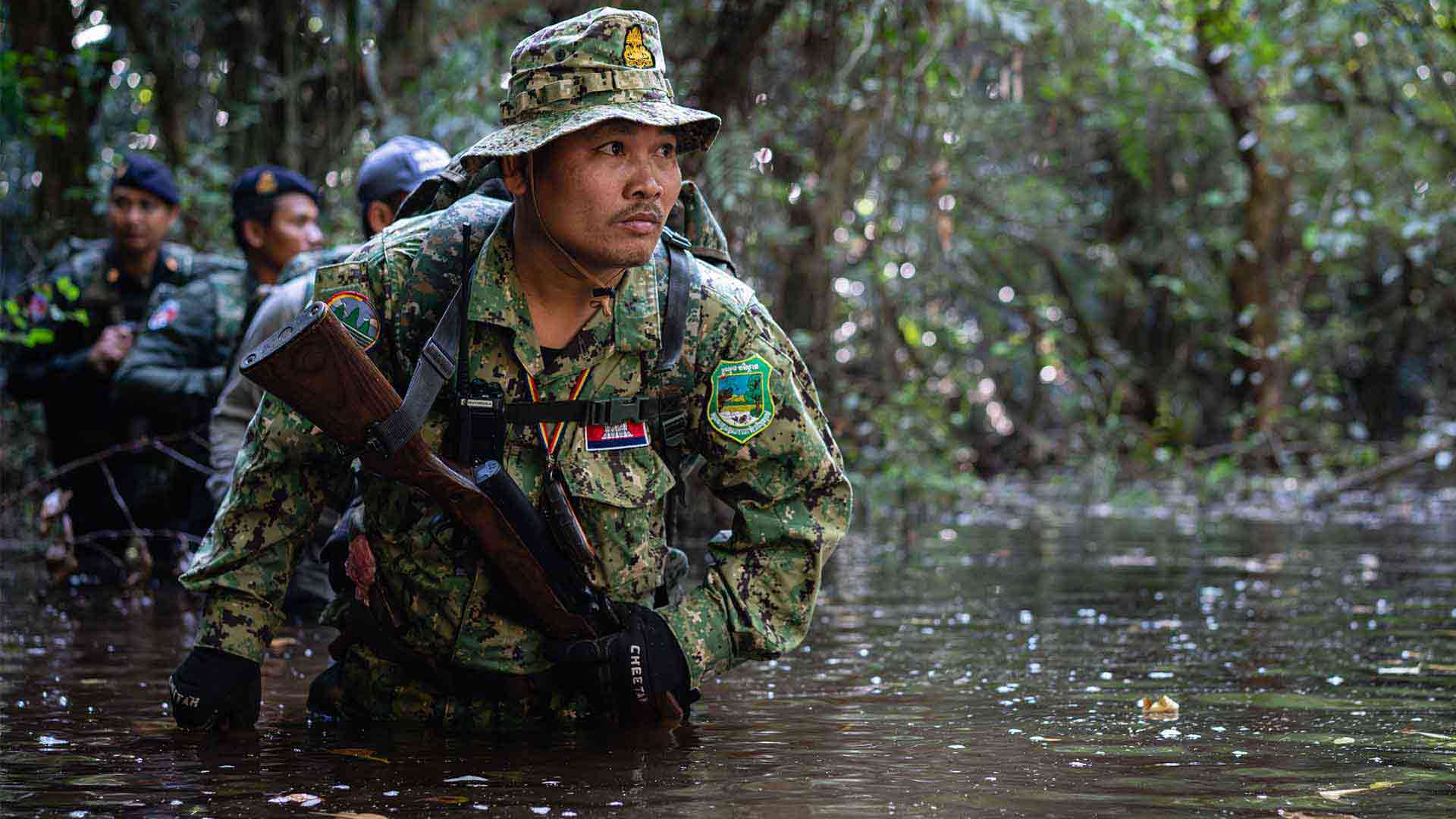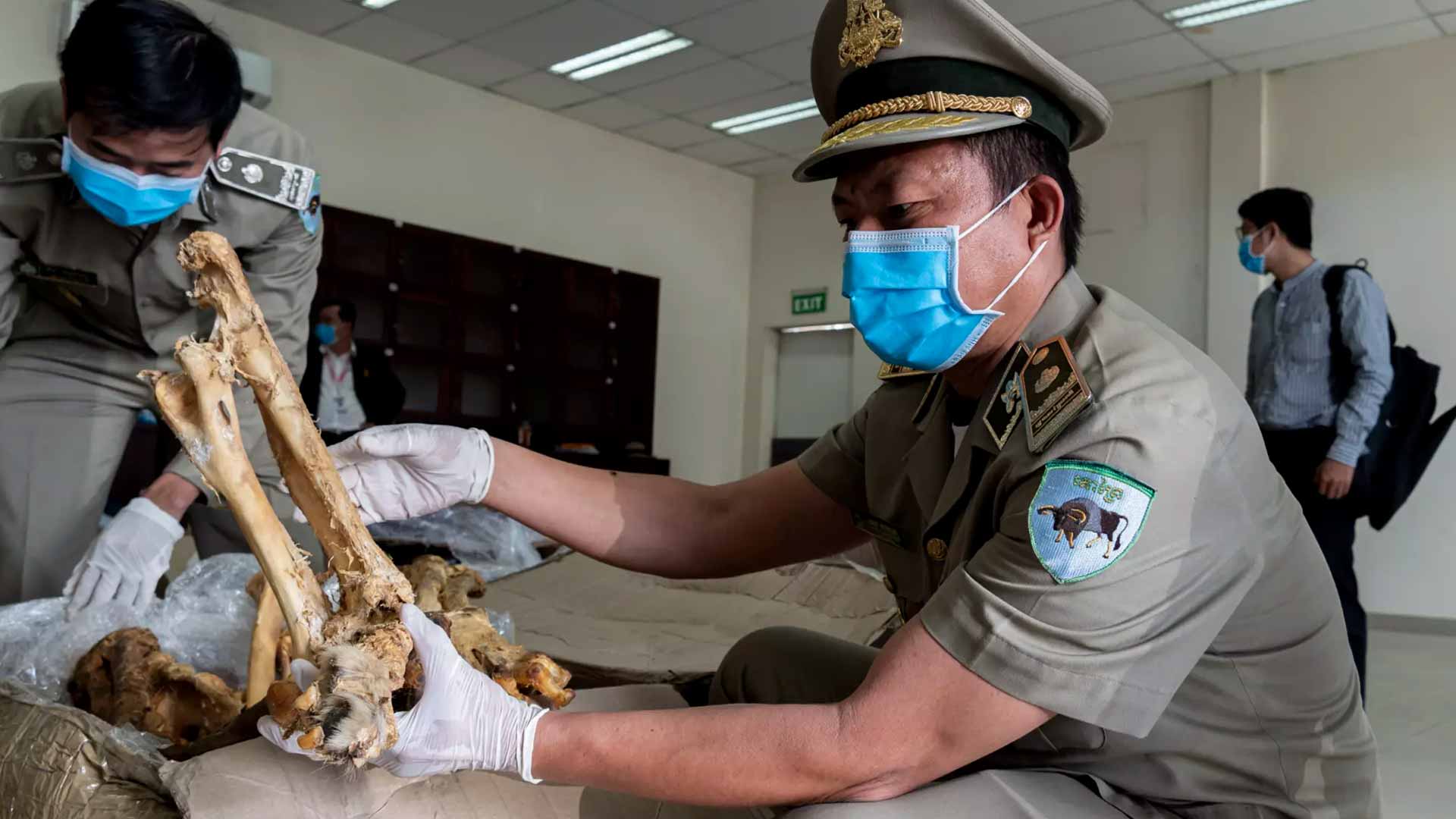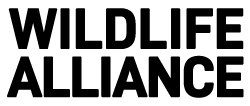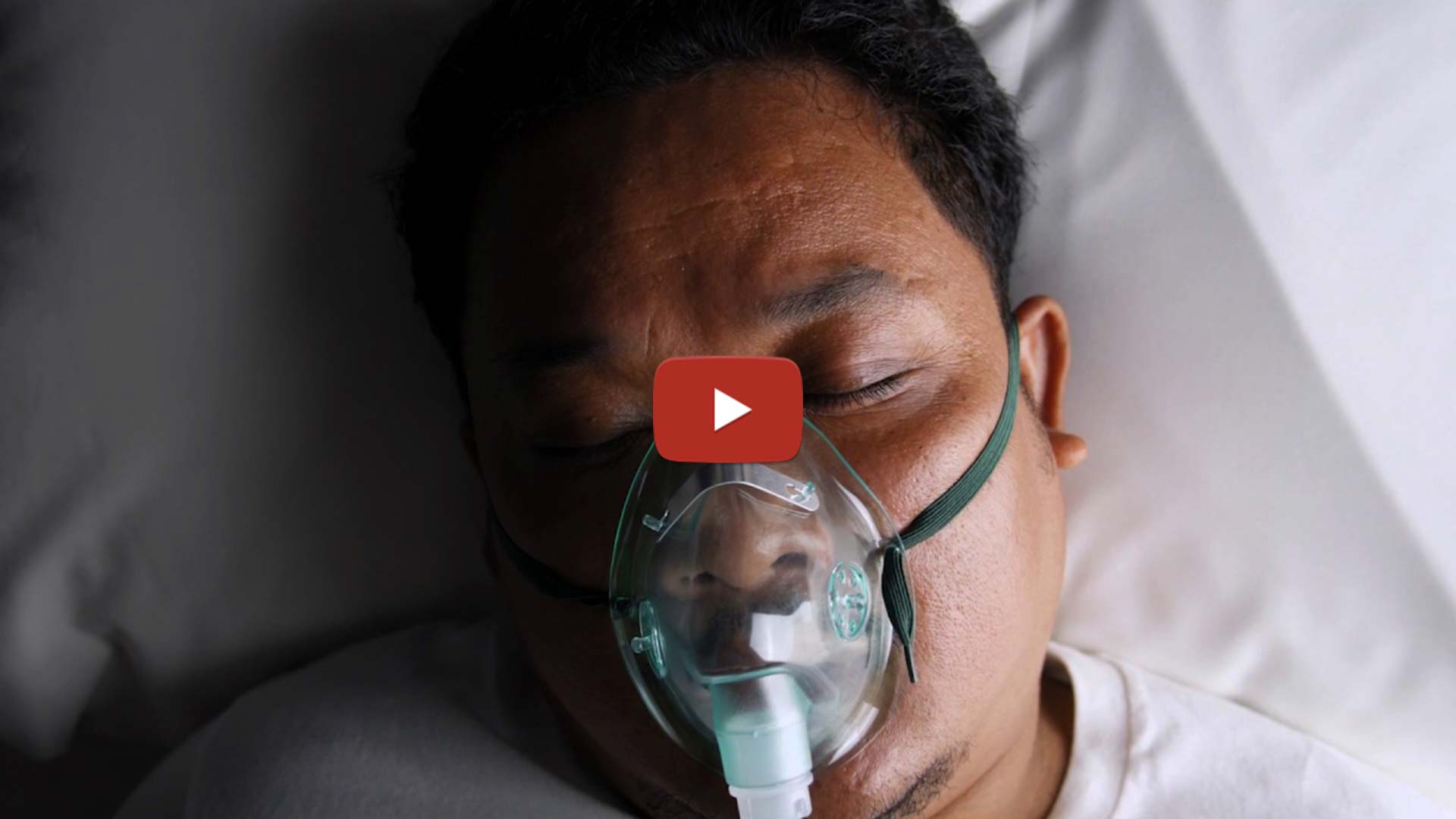(PHNOM PENH) – Findings from the World Health Organization COVID-19 fact-finding team to Wuhan point away from a laboratory leak and toward a small list of possibilities, with one thing in common: animal supply chains.
Scientists from the WHO team said it was too early to determine which animal the virus jumped from, but reaffirm that COVID-19 is zoonotic, meaning it did at some point jump from an animal to a person. The team pointed to the need for further investigations into supply chains coming from wildlife farms across Southeast Asia. These include seafood supply chains.
The risk is not just to people within the supply chain who directly handle wildlife. In Cambodia, there is an increasing demand for wildlife products, including for the meat of pangolin, civet and bats. These species are associated with the transmission of zoonotic diseases to humans. People who eat them are putting their lives on the line with every mouthful, Wildlife Alliance CEO Suwanna Gauntlett pointed out. “Consumers are taking a risk with their health every time they eat wildlife,” she said.
Wildlife Alliance combats the illegal wildlife trade, which safeguards public health. “By fighting the illegal wildlife trade we’re fighting the chances of further new pandemics developing,” Gauntlett explained. She urged everyone in Cambodia to “play a role by not only stopping eating wildlife, but reporting any wildlife crimes to our hotline 012 500 094.”
Further investigations into the exact origin of COVID-19 are important and will take time. Meanwhile, the 70+ organizations of the cross-sectoral EndPandemics alliance remind governments and the public to expand their focus from vaccines to prevent the next pandemic by addressing the root causes of zoonotic outbreaks.
“Whatever species this virus is eventually tied back to, it’s a zoonotic disease,” said Dr. Niall McCann, Co-Founder of National Park Rescue and rotating chair of EndPandemics alliance. “We already know that the two biggest risks in sparking zoonotic outbreaks are destruction of wild habitat (which pushes wild animals into human populations and farms), and commercial trade in wild animals (which pulls wild animals into human populations). In both cases, the animals can carry and shed a pathogen for which we have no immune resistance.”
“There’s no time to waste in taking measures to prevent the next outbreak,” urged Steven Galster, Founder of Freeland, which co-leads EndPandemics. “It’s like we’ve just gone into a fuel station that blew up, looking for clues of what started the fire, and found multiple cigarette butts amidst the debris. We could spend years trying to find out which cigarette – or even another factor – caused the explosion, but you can be sure that when we rebuild that fuel station, the no-smoking policy will be enforced. We need to act the same with our post COVID-19 world. We got hit by a viral bomb, and we know what can ignite such bombs.”
Ms. Pei Su, CEO of ACTAsia, also co-leader of EndPandemics added: “Wild animals – whether they are pangolins, fish, bats, or whatever, are not only majestic, but they play important roles for our ecosystem health, so long as we leave them free in their natural environments. Pull or push them out of their homes, and we turn them into potential sticks of dynamite, and it’s the consumers who light the match. If we can end commercial trade in wild animals and stop destroying nature at this dangerous rate, we can significantly reduce the risk and severity of zoonotic outbreaks like COVID-19.”
Academy-award-winning filmmaker Louie Psihoyos noted: “Our gratuitous relationship with nature is coming home to roost as we face yet another zoonotic disease whose eruption and transmission is a direct consequence of our exploitation of the natural world. Awareness is not enough — now is the time for action to protect and restore ecosystems, curtail commercial wildlife trade, and reform industrial animal agriculture. Nature will take care of us if we take care of her.”
As the global community recovers from the crippling social and economic effects of the COVID-19 pandemic, it is vital that pandemic prevention strategies and solutions be incorporated into every ‘Build Back Better’ post-pandemic recovery programme. EndPandemics is producing a roadmap on preventing the next outbreak, which will help guide our transition away from high-risk activities, to activities that reduce the risk of future pandemics. This roadmap will be shared with governments, corporations, civil society and the public; we have a collective responsibility to act now and inoculate ourselves against future pandemics.
* * *
EndPandemics (https://endpandemics.earth) is a global alliance and action campaign that strives to reduce the risks of pandemics by addressing the root causes of zoonotic outbreaks – commercial wildlife trade, disruption of wild habitats, and wildlife dependence of poverty-affected livelihoods. The alliance was launched in April 2020 and comprises a fast-growing array of organizations (presently over 70) that operate across five continents in conservation, agriculture, climate, health, business, technology, security, media, and other sectors. Since its onset, EndPandemics has been running a media campaign, including educational spots on international TV, webinars, and media stories.
In November 2020, the WC20 summit of the leading conservation organizations, that includes three EndPandemics members, called upon G20 leaders to “deliver solutions on the ground, while monitoring and evaluating their impact,” thereby validating the EndPandemics engagement model: identify, sharpen and replicate solutions that impact frontline actions, public policies, business practices and consumer behaviours.
ENDS
Notes for Editors
Media Contacts
About Wildlife Alliance:
The International NGO Wildlife Alliance was founded by Suwanna Gauntlett to offer direct protection to forests and wildlife through cutting edge conservation programs. The organization provides technical assistance and critical thinking to governments and strives for stakeholder consensus in achieving solutions to multiple environmental threats, including animal trafficking, economic land concessions for agro-industrial plantations and mining, and community encroachment on forestland. Wildlife Alliance is the leader in direct action in the Southeast Asian tropical belt.
Website: https://www.wildlifealliance.org/
###
For more information, please contact:
Claire Baker-Munton
Communications Officer, Wildlife Alliance
Telephone: +885 23 211 604
Mobile : +855 11 286 019
Email: [email protected]
China & UK: ACTAsia (https://www.actasia.org): [email protected]
Thailand & USA: Freeland (https://www.freeland.org/): [email protected]
UK & Europe: National Park Rescue (https://www.nationalparkrescue.org/): [email protected]
EndPandemics Participants to Date:
- Academia Sinica
- ACTAsia
- ADM Capital Foundation
- ALERT
- Animal Defenders International
- Ark Ventures
- AsiaWorks
- Asociación de Becarios de Casanare
- B.Grimm
- Big.tc
- Blood Lions
- Blue Sphere Media
- Born Free Foundation
- Born Free USA
- Catalyze
- China Biodiversity Conservation and Green Development Foundation
- David Shepherd Wildlife Foundation
- EarthPulse
- Education for Nature Vietnam
- Endangered Species Coalition
- Endangered Species Protection Agency
- EndTheTrade
- Environmental Investigation Agency
- For the Animals
- Freeland
- Fundación Entropika
- Generation Blue
- Global Ocean Trust
- Global Regeneration CoLab
- Global Tiger Forum
- Green Consumers’ Foundation
- GreenRope
- GTI Council
- Hemp for the Future
- Humane Society International
- Hyphae
- International Fund for Animal Welfare
- Land of the Leopard National Park
- Leadership Knowledge Learning
- Liberia Chimpanzee Rescue & Protection
- Memememeshop
- Michigan State University
- Muktir Bondhon Foundation
- National Park Rescue
- Norwegian Yacht Voyages
- Ocean Conservation Trust
- Oceanic Preservation Society
- Open Hearts Foundation
- PawPAC
- Peace Journey
- Planetary Health Alliance
- Rede Latino-Americana de Ministerio Publico Ambiental
- Regen Network
- Save Wild Tigers
- SEEDS
- SmartAgro
- Solidaridad Network Central America
- Sumatran Tiger Project
- Task.io
- The Corbett Foundation
- The Land App
- Third Avenue Business Improvement District
- Threefold.io
- Transparent World
- Voices 4 Biodiversity
- WildAid
- WILD Foundation
- Wilderness Foundation Global
- Wildlife Alliance
- World Agroforestry
- Worldview International Foundation
- World Youth Wildlife Summit



